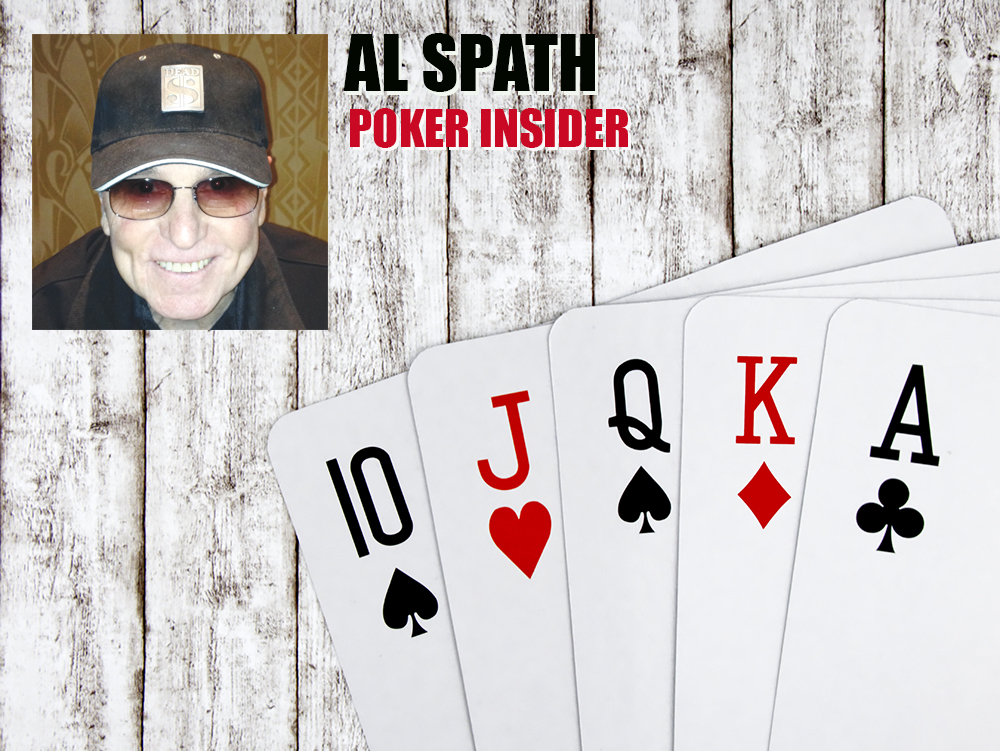Trouble hands are exactly what the name implies, hands that can cost you a ton of money. So you must often avoid playing them, especially out of position. But if you choose to play them, play with extreme caution as you may jeopardize your stack. However, if you’re playing shorthanded or if these same trouble hands are suited, then they’re not as dangerous and can be profitable.
Unsuited cards that fall into this category are A-Q, A-J, A-10, K-Q, K-J, K-10, Q-J, Q-10, J-10 and the A-9 combo, which has become quite popular to play recently, for what reason, I do not know.
The reason these sets of cards cause major concern and are categorized as trouble hands is because they’re often dominated by better starting hands, such as A-A, K-K and the top connector, A-K. So when playing an unsuited A-Q and you’re raised from early position, the likelihood of losing a great deal of money and having an inferior hand to the raiser is quite possible. Say a flop of A-9-2 appears and your opponent has the A-K as advertised with a preflop raise from early position. You’ll lose a lot of money coming in second place with A-Q. Hands such as J-10 can be costly when you flop top pair or two pair as others playing K-Q have a playable hand that can quickly snatch the pot from you with their draw. What’s important to remember is to play trouble hands as cheaply as possible; don’t over-commit.
When playing shorthanded, you must play aggressively, as most hands nearly unplayable at a full table have worth shorthanded. Quite a few hands increase in value as opponents decrease. This is especially true about those aforementioned trouble hands as they can be played strongly. One major key to shorthanded play is position. Your play often will be dictated by position, rather than the quality of cards. When you’re last to act, your bet places enormous pressure on opponents as they face the dilemma of calling your bet as well as having to bet first on subsequent rounds.
Note: You shouldn’t wait for hands with outs to bet having position, fire away and win most pots that have been checked to you while in position. Continue to demonstrate aggressive play and pick up these available pots. It’s essential to note that while playing shorthanded and one additional player leaves the table, adjust your play as hand values and the tempo will change dramatically.
— Al Spath is the former Dean at Poker School Online and teaches poker live and online. His YouTube Channel (Al Spath) has 170-plus free instructional videos. Al’s twitch broadcasts are live from two channels: (PositivePokerInsiders and AlSpath). Contact Al at alspath@alspath.com with questions coaching inquires.




